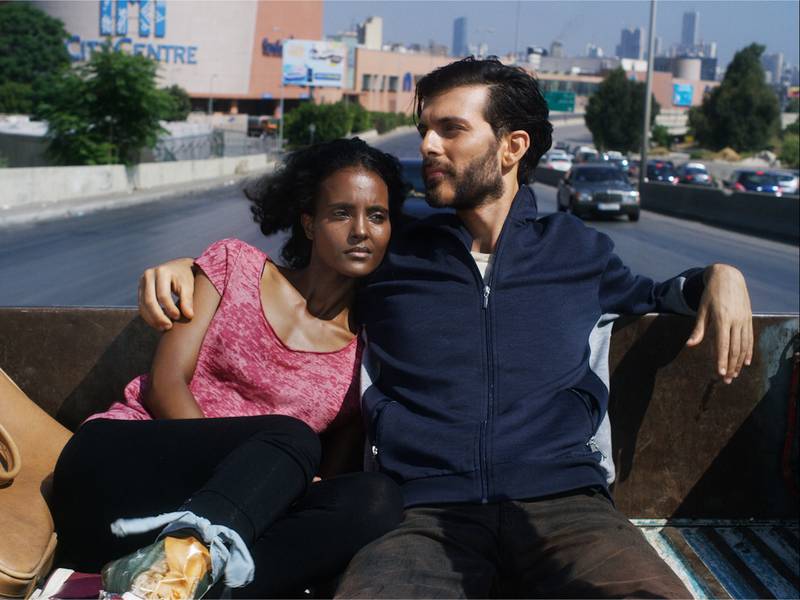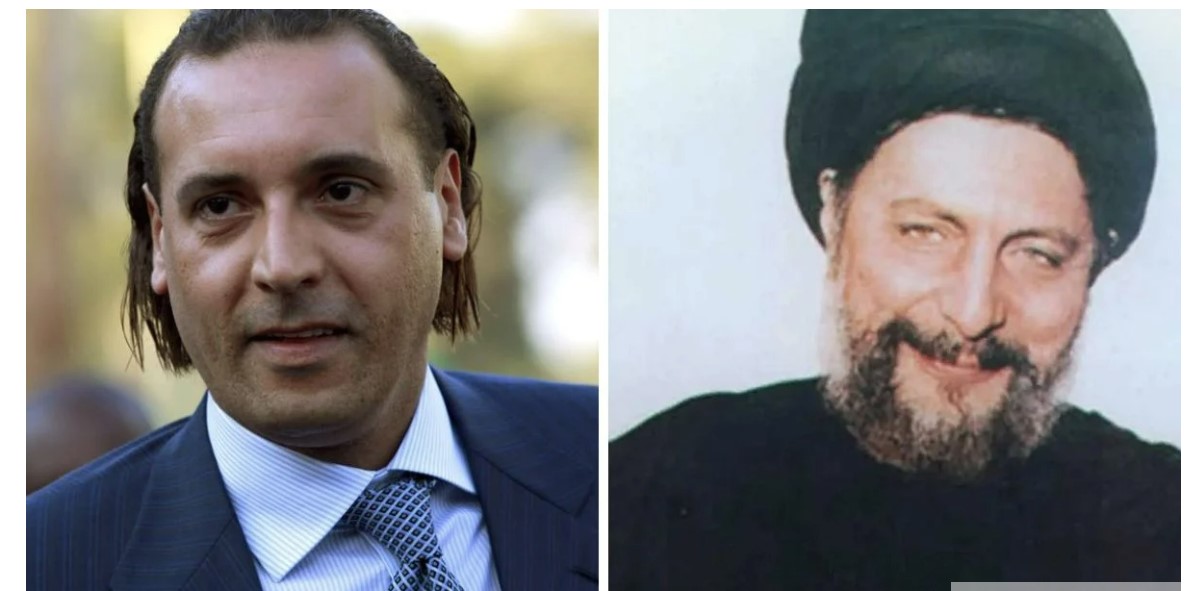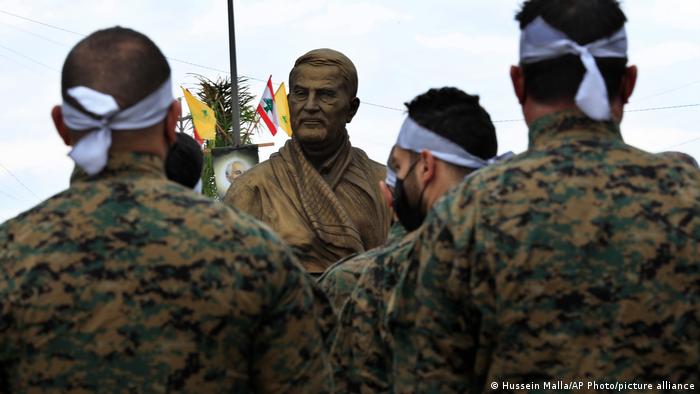
by thenationalnews.com — James Mottram — issam Charaf was only 9 during the 1982 Lebanon War. “The Israelis came in,” he tells The National over Zoom. “And the next day we’re having a walk in the woods, and I found something on the ground. I put it in my hand, and somebody told me: ‘Throw the … thing!’” He did, but that didn’t stop this grenade from exploding, leaving him badly injured and in hospital for three months. “It was a near-death experience.” Nor was it the only such injury this journalist-turned-filmmaker has endured. The port explosion in Beirut on August 4, 2020, left him with 70 stitches in his back. “There’s hardly any place left [on my body] for a third accident,” he says, sighing. And yet Charaf, 49, has vividly ploughed these ghastly experiences into his second feature, Dirty Difficult Dangerous, which opens the Venice Days strand of the prestigious Venice International Film Festival on Wednesday.
Set in Beirut, this curious blend of romance, social commentary and science fiction follows two people in love: a Syrian refugee named Ahmed (Ziad Jallad) and Mehdia (Clara Couturet), an Ethiopian working as a housemaid for an elderly couple. When we first see Ahmed roaming the streets, he’s trying to sell scrap metal. Gradually, we see his scars and shrapnel emerging from his body, something Charaf knows from personal experience. Scripting the film, he began to see Ahmed’s situation as a metaphor for the trauma Lebanese people have faced over the years. “People are going crazy. And they don’t like anyone. So I thought this film could be [about] a kind of crazy situation where nobody loves no one.” The phrase “nobody loves no one” was even a potential title for the film, one he felt rang true. “The Lebanese don’t like the immigrants, the Syrians don’t like the Ethiopians, and vice versa,” he says, speaking about Lebanon’s demographic tensions.









